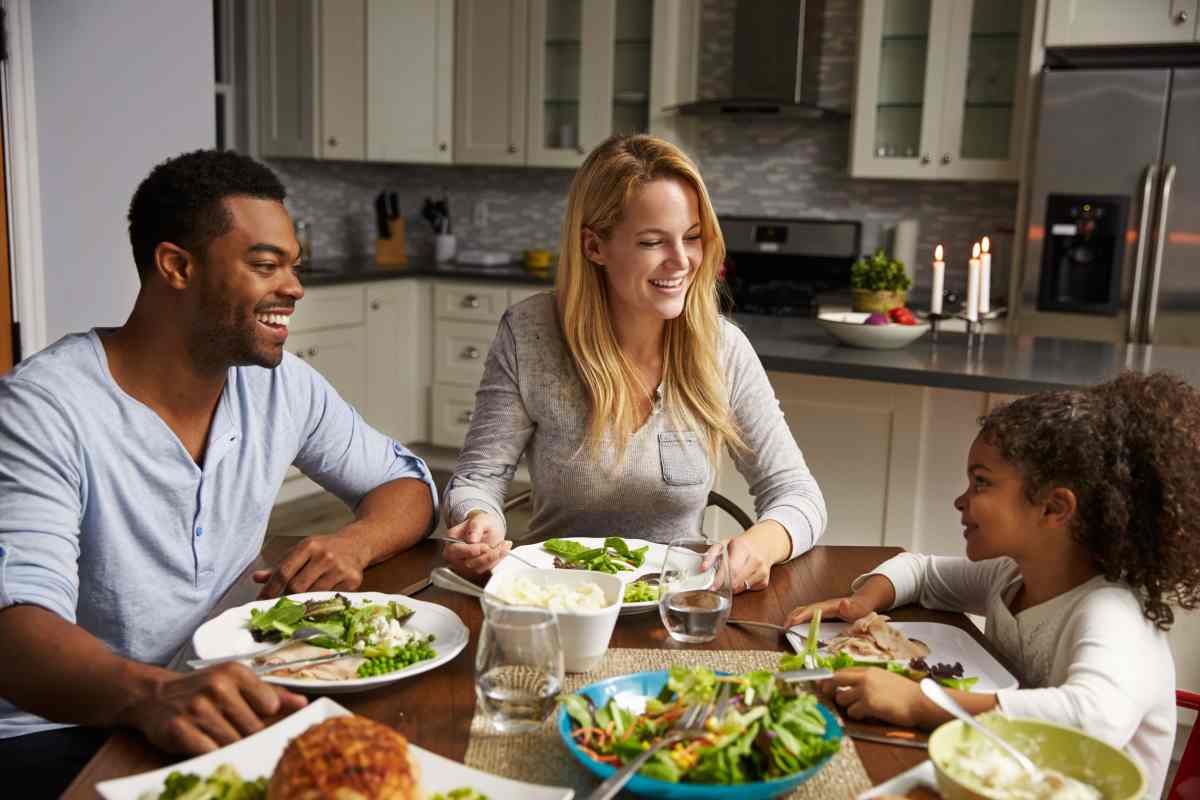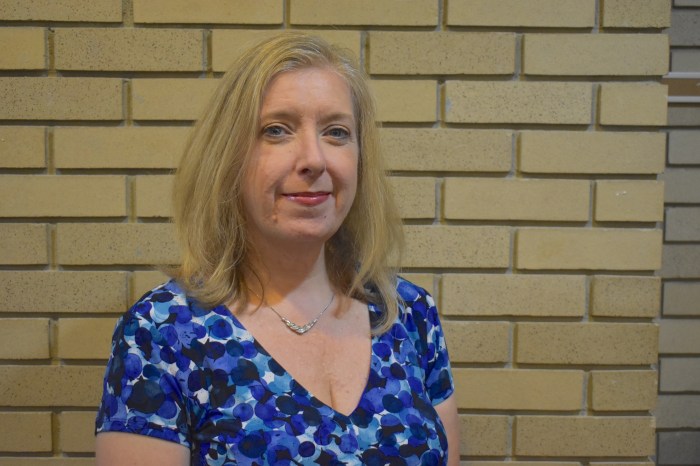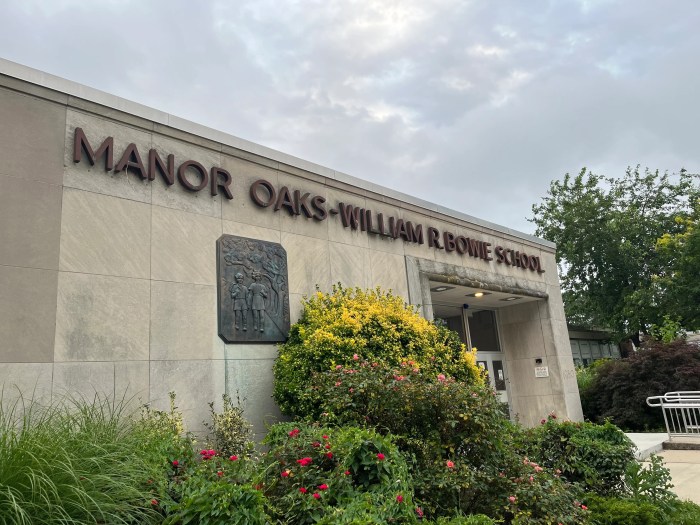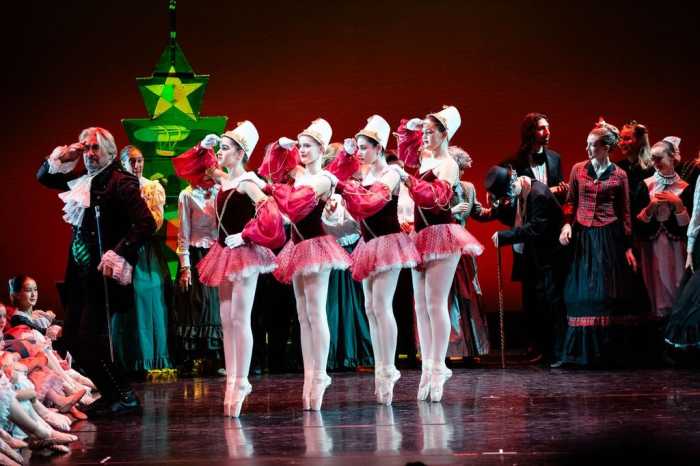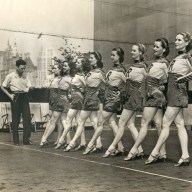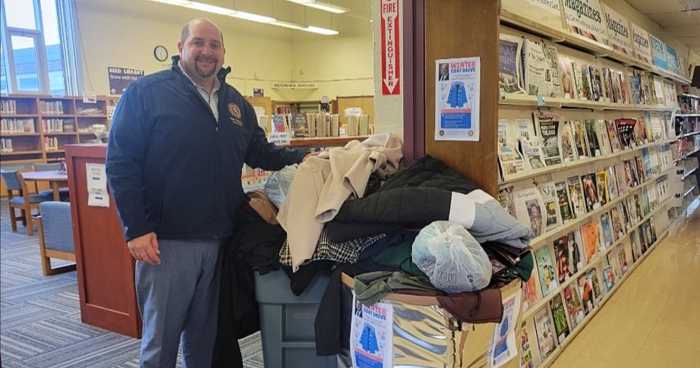Carving out time to connect with people in your family can be difficult with busy schedules, but the dinner table can be a sanctuary for bringing families together and learning important communication and literacy skills.
Make the dinner table a place without distractions from the outside world so the group at the table understands that the time together is valued. Dinner table talk time can be a ritual with meaning if you provide meaningful ways to interact together. It is important to set aside time at least two to three times a week or more to sit at the dinner table.
LANGUAGE SKILL DEVELOPMENT
During dinner table talk time, children learn how to converse with others. Children need time to express themselves in a safe place and learn how to communicate in a coherent, thoughtful manner.
At all ages, it’s important that each person at the table have time to talk. The literacy skill of having a discussion with a beginning, middle, and an end helps your child in school to write a story, answer questions in class, and develop listening and thinking skills. If the conversations do not flow easily, have a basket next to the table with conversation starter cards.
Elementary-aged children are developing language skills. When adults give time for children to talk, they can experiment with language, practice saying words aloud, and formulate a clear thought. During the time the child is talking, an adult can assess if the child is using words properly, pronouncing words correctly, and explaining their thinking. It can also be a time for an adult to teach and model these skills.
EYE CONTACT SKILLS
While you are at the dinner table, make sure the space allows for people to have face time with each other.
It is beneficial for children to learn that making eye contact during a conversation helps people know you are paying attention to them and value what is being said. Sit across from each other at the table. When the conversation is going, make sure that each person is looking at the person who is speaking.
If you teach this skill at home, then children will most likely transfer that into the classroom and be more inclined to look at and listen to the teacher.
STORYTELLING SKILLS
One way to get children to stay seated at the table long enough to finish dinner is to have fictional storytelling time.
Place a deck of cards with related pictures on the table. Each person takes a card and starts telling a story about the pictures. The next person then has to link the story together using information obtained from the last person’s story together with the new card, and so on.
By the time each person has told the story on the card, there will be a beginning, middle, and an end. This literacy skill then transfers to your child having more confidence when starting to write stories in class, and bolsters creative thinking and writing skills. I recommend using Eeboo Create A Story Cards.
EMOTIONAL SKILL BUILDING
During dinner table talk time, children learn skills like manners, respect, and kindness.
Kindness counts at the dinner table, and the adults are the models. Say thank you to the cook. Help set the table. Gather the food. Help put dishes away. Use proper eating manners.
All these skills are important for children to see on a regular basis so they feel a sense of routine and ritual. Having routines and rituals in family life provides a comforting framework to help children to feel safe and secure. Feeling safe and secure at home provides the building blocks for children to be able to cope in school situations.
From time to time, play games that support social and emotional intelligence. I recommend Q’s Race to the Top. It is also important for children to be able to look at a situation and know what to do. For example, if someone puts his/her hand out, you should shake back with your right hand.
Photo Conversation Cards by Sherrill Be Flora provide pictures of practical situations that children will encounter. Put two or three out at the dinner table and talk about how to do to the situation being shown. The conversations that start by looking at these pictures are endless.
Erin Fealy Cunningham, Ph.D., is an educational consultant and literacy specialist.




